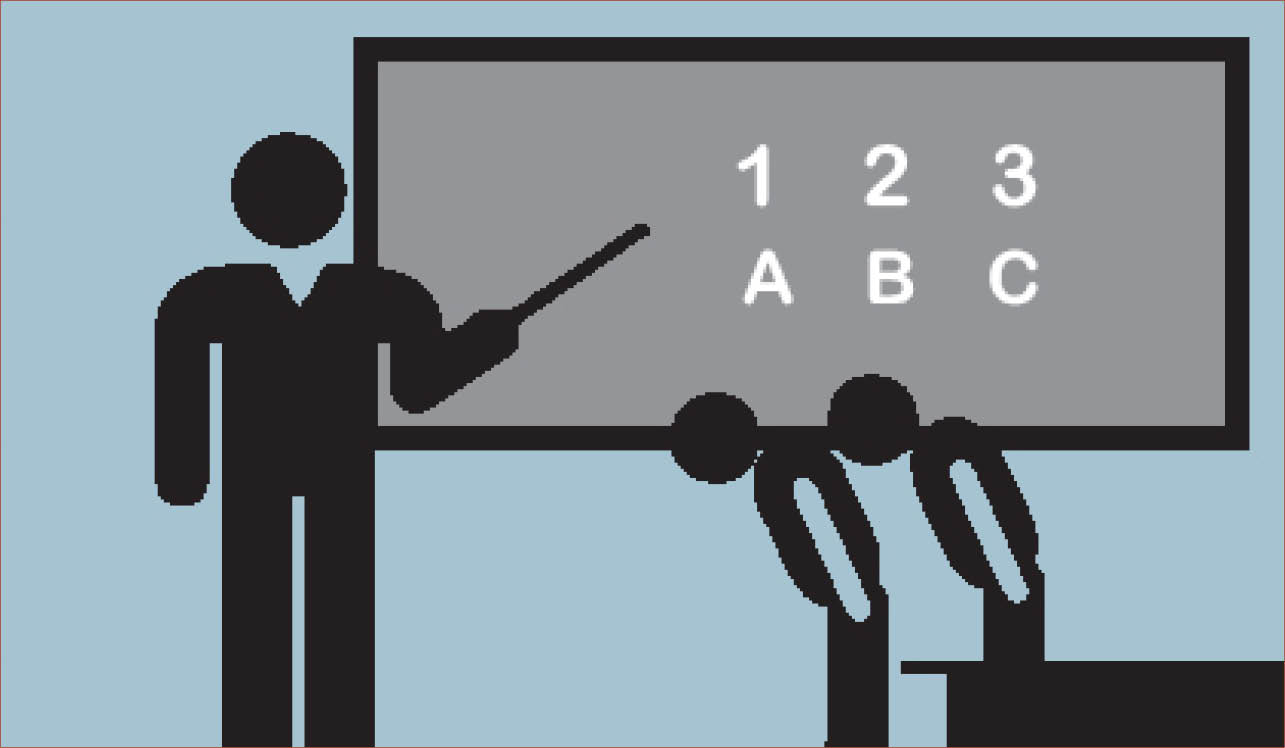I read a post on Nigerian Twitter that reminded us to treat “people fairly and with respect irrespective of their status, age or gender. That riffraff, waiter, gateman, food seller, (sic) you disrespect today might just be your life saver tomorrow.” I agree with the sentiment. Of course we should treat people respectfully, but not because we may benefit from them. We ought to respect others because they are human. Period.
Sadly, in a society as class based and as hierarchal and patriarchal as Nigeria is, disrespect for people one considers ‘lower’ than one, for whatever reason, is rife. When that disrespect is based on income, it is often because we imagine that those poorer than us, especially those who work for us, who depend on us financially, have nothing to offer us and are, therefore, not deserving of our respect. Why say please and thank you to someone you can order around? To someone whose salary you can pay? Haba! The world will end naw.
- Kano slashes registration, renewal fees for tricycle riders
- ‘Dangote refinery to cut Africa’s petroleum imports by 36%’
In some homes, children speak disrespectfully to the domestic help because that’s how they hear their parents speak to them. Monkey see, monkey do, right? A friend who makes it a point to keep her nose out of other people’s business told me how she was irritated enough to intervene (she couldn’t help it) when her host’s 5-year-old daughter shouted for the help – a woman close in age to her mother’s age – to get her drinking water.
My friend asked the little girl to ask the woman nicely. “Say please, may I have some drinking water.” The little girl sulked and wouldn’t say it at first. She nestled close to her mother and whined. Saying please to the hired help was an alien concept to her. No one had taught her that the maid was to be spoken to in the same manner as she did her mother’s friends. My friend told the help to ignore the little girl until she behaved properly. I asked her if her friend was embarrassed. She wasn’t sure. “Maybe,” she said. “I hope so,” she said.
As a society, we are very big on respect. We demand it. We have been known to proudly assert that Nigerians are the most respectful people on earth, whilst criticising western cultures for condoning disrespect.
We complain that American and European children lack respect because they don’t greet their elders. Because they call adults by name. Because they do not perform all the rituals we associate with respect. They speak when adults are speaking. They sit in the sitting room when their parents have guests. They interject in grown up conversation. We ask our children and their guests, “Have you greeted me?” if they were to encounter us and not say hello or a variation of it. I have known friends to scold their kids for not “greeting properly.” I have heard of children being beaten for not greeting even. We expect our children to know to make themselves scarce when adults gather. My children think it funny that when my parents are around, and I finish eating (a meal that I or my husband might have prepared), I thank my parents. And that I insist they do the same. “It’s respect,” I tell them. And that is enough. And more importantly, respect costs nothing.
It is therefore ironic that we – Naija people – ration it like we would something costly and scarce. Some of us act as though if we showed basic human decency to a certain class of people, we would somehow be diminished. Maybe we would no longer be human. We decide who’s deserving of our respect and who’s not depending on “who” or “what” they are, and whether or not we think we can get anything from them or not. We calculate it.
We assess people first, decide where they are in whatever hierarchy is important to us and proceed to either bark at them or speak politely. That is why in our society, respect is not only performative, it is also closely linked to eye service. I wore a sleeveless blouse to church in Enugu once – a regular summer dress, appropriate for the weather and the occasion – and a warden attempted to stop me from entering the church. She was very rude until she realized that the man behind me (whom she knew and respected) was my father and suddenly she was all sweetness and light and embarrassingly obsequious. “Oh, was I the one in America or Europe?” she asked. Suddenly, I was worthy of her respect. My sleeveless dress was now perfectly okay. Na wah for us.
Biko, that hawker selling you stuff; that gardener looking after your yard; that gateman that swings the gate open and closed for you; that cook that sweats over your meals; that house help that looks after your children; that mechanic that fixes your car; that driver you trust to bring you places: they are human, the same as you. Thank them for their service, treat them with respect. I promise you, it won’t kill you.

 Join Daily Trust WhatsApp Community For Quick Access To News and Happenings Around You.
Join Daily Trust WhatsApp Community For Quick Access To News and Happenings Around You.


